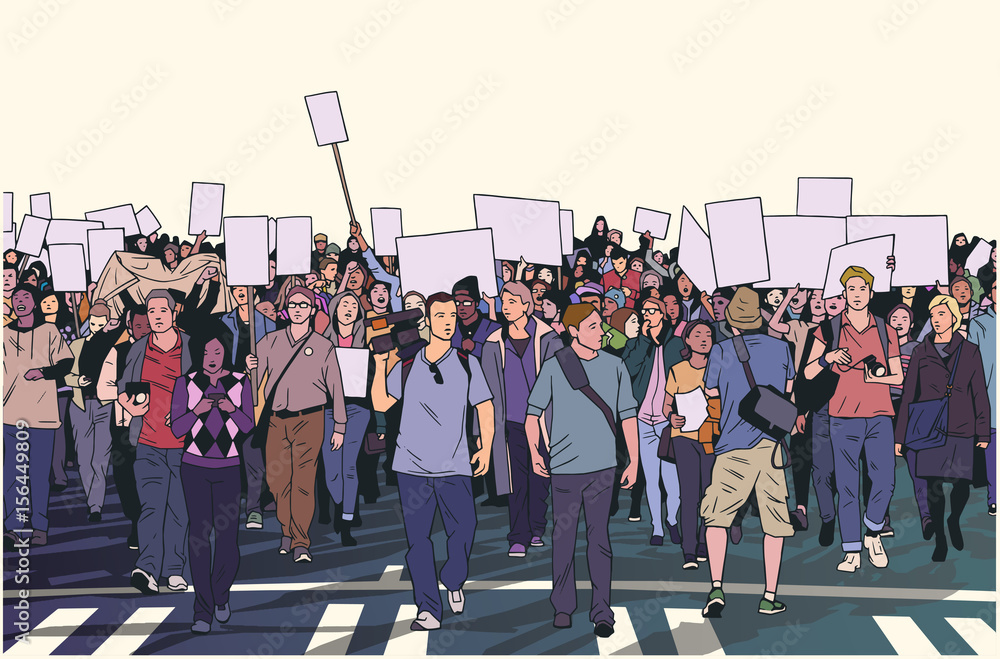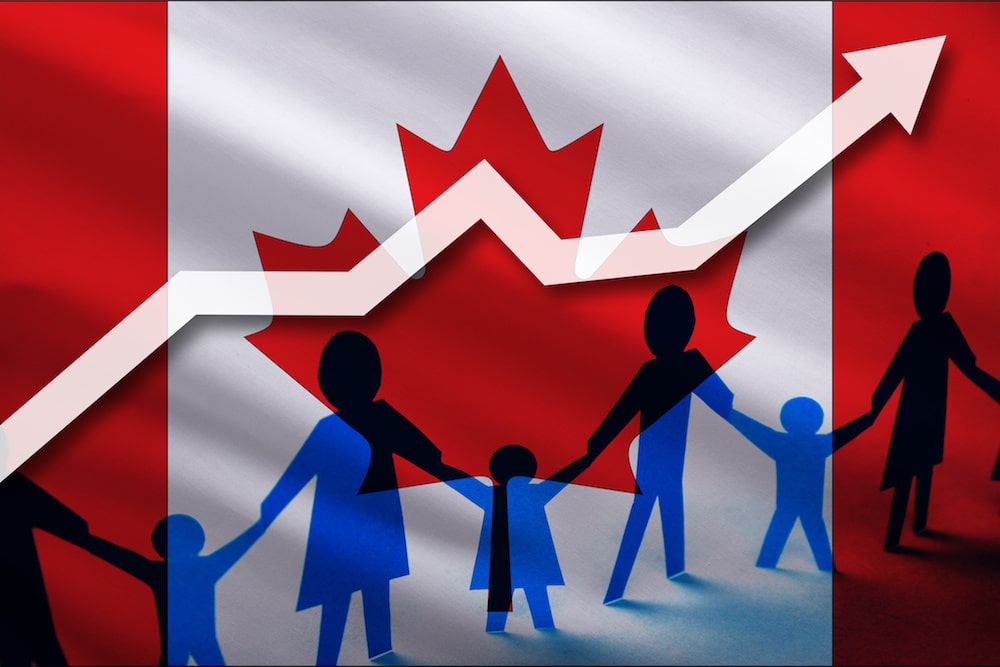“The Canadians don’t understand what they’ve signed. In 20 years, they will be sucked into the US economy” – US trade representative Clayton Yeutter (1987)
“We didn’t enter the agreement over tariffs…The Canadian agreement is a political one – to make sure you don’t go back to those policies like the National Energy Policy…It wasn’t that Mulroney aggressively needed prodding. It was a future prime minister we were worried about.” – Chief US negotiator for the Free Trade Agreement (FTA) Peter Murphy, shortly before his death in 1994
As of writing, trade talks between Canada and the US appear to have stalled once again. Instead of the announcement of a deal or even a deal framework, the August 1st deadline saw President Trump raise the tariff rate to 35% on all products not covered by CUSMA, with Prime Minister Carney releasing a statement saying that Canada “is disappointed”. Punishing tariffs on sectors including steel, copper, aluminum, automobiles, and lumber remain on the books. No trade deal is on the horizon.
The coming weeks, months, and even years will be tough. If the tariff barrage continues, there will be more layoffs in sectors like steel and automobiles, a rise in unemployment and inflation, and general economic contraction. Our countrymen will suffer. At the same time, within this great cataclysm lies an unparalleled chance to unshackle Canada from its present economic serfdom by disentangling our economy from that of the US.
The US has been colonizing Canada’s economy, natural resources, foreign policy, culture, and media for decades. The protectionist isolationism of the Trump 2.0 administration gives Canada a good opportunity to break free from our slow-motion slide towards absorption into the US, forge our own path as a sovereign country, diversify trade relationships, and rebuild the east-west economy that our Fathers of Confederation envisioned.
Canada-US free trade deals have always been about the economic and political conquest of Canada by the United States, as seen in the three bitter elections we fought over Canada-US free trade deals in the 19th and 20th centuries: 1891, 1911, and 1988.
1891: Macdonald versus the “veiled treason” of annexation
In 1891, Sir John A. Macdonald dissolved Parliament and launched a crusade against the policy of “unrestricted reciprocity” with the United States supported by the Wilfrid Laurier Liberals. Against the advice of his doctors, Macdonald threw himself into the campaign at a relentless pace.
Macdonald warned of “the inevitable toboggan slide towards annexation…which would be created by any system of continental commercial union”. Behind the push for economic union, he perceived a deeper ambition for political union, declaring that free traders “have as many aliases for their policy as a thief has excuses for his wrong-doing. It has been commercial union, unrestricted reciprocity, and latterly tariff reform; but there is another name by which it must be known, and that is annexation – which is treason”.
In the last speech of his political career, at a town hall in Napanee, Ontario, Macdonald declared his intention to “oppose the ‘veiled treason’ which attempts by sordid means and mercenary proffers to lure our people from their allegiance”. Shortly thereafter, he collapsed, too ill to move for the last two weeks of the campaign.
His sacrifice was not in vain. The Conservatives won the 1891 election, and the dream of economic and political union with the United States was crushed – for the time being.


– Sir John A. Macdonald (1891)
1911: Canadianism prevails over continentalism
In 1911, Laurier’s Liberals, now in power, again tried to push for a free trade deal – this time making the ludicrous claim that a deal would make Canada so rich that all forms of taxation could be abolished.
Eighteen prominent Liberals, notably Clifford Sifton, a crucial figure in the settlement of Western Canada, publicly dissented. Sifton described his dismay over one of the potential ramifications of such a deal, the transfer of the grain and livestock trade of the prairies to the US: “The best years of my life were given to the settlement of that country, and I cannot tell you how I feel about that great country being made a backyard to the city of Chicago”.
In his final message to Canadians before election day in 1911, Conservative Leader Robert Borden declared: “We must decide whether the spirit of Canadianism or of Continentalism shall prevail on the northern half of this continent”. Borden won, and dreams of a free trade deal were defeated – only to re-emerge once more in 1988.
1988: Mulroney and the road to colonization
The new avatar of free trade was Brian Mulroney, a profoundly morally dubious character whose spectacular corruption while in office was thoroughly documented by investigative journalist Stevie Cameron in her 1994 exposé On The Take: Crime, Corruption And Greed In The Mulroney Years. When Mulroney died in February of last year, the entirety of Canadian media developed a case of sudden onset amnesia and left unseemly details like this out of their tear soaked political obituaries. But, I digress.
At first, Mulroney had professed to be an opponent of free trade. As he put it in 1983: “Free trade was decided on in an election in 1911. It affects Canadian sovereignty and we will have none of it, not during leadership campaigns or at any other time”. Sometime between then and becoming prime minister in 1984, he changed his tune dramatically, as documented in David Orchard’s excellent book The Fight For Canada: Four Centuries Of Resistance To American Expansionism:
“Although Mulroney had been explicit about his opposition to free trade, eight days after he was elected prime minister he held his first press conference, not in Canada in front of the Canadian news media, but in Washington, at Ronald Reagan’s side. There he pledged Canada to closer ties with the United States.
By the time of the Canada-U.S. ‘Shamrock Summit’ in Quebec City in March 1985, all of Mulroney’s professed opposition to free trade had disappeared. Reagan and Mulroney signed a declaration on trade, which instructed their trade ministers ‘to chart all possible ways to reduce and eliminate existing barriers to trade.’ This declaration, abruptly classified ‘secret’ by the Department of External Affairs, disappeared from public view. The summit closed with the spectacle of the president of the United States and Brian Mulroney, on national television, singing together ‘When Irish Eyes Are Smiling’ “
The 1988 election was fought over free trade. The Conservatives under Brian Mulroney campaigned for it, while the Liberals under John Turner and the NDP under Ed Broadbent campaigned against it. John Turner’s opposition to free trade carried on the Canadian nationalist tradition of Sir John A. Macdonald in 1891 and Robert Borden in 1911. His rhetoric was vociferous, as exemplified in this exchange in the first English language debate of the 1988 campaign:
“We built a country east and west and north. We built it on an infrastructure that deliberately resisted the continental pressure of the United States. For 120 years we’ve done it. With one signature of a pen, you’ve reversed that, thrown us into the north-south influence of the United States and will reduce us…to a colony of the United States, because when the economic levers go, the political independence is sure to follow. ”
John Turner’s argument was simple, and it was the same argument that Sir John A. Macdonald and Robert Borden had made many years earlier: if Canada cedes its economic sovereignty to the United States, its political sovereignty will follow. Sooner or later, economic union means political union.
Companies, many of them American owned, poured funding into Mulroney’s campaign. The Canadian Chamber of Commerce wrote to its 170,000 members, urging them to campaign for free trade. Some CEOs, spurred on by the Canadian Manufacturers’ Association, told workers their jobs depended on the election outcome.
Despite the best efforts of these business interests, 52.3% of Canadians voted for parties opposed to the deal (the Liberals and NDP), while Mulroney’s Conservatives received 43.02%. The NDP/Liberal vote was split in so many ridings that Mulroney’s Conservatives squeezed into power, and the Canada-US free trade deal was considered approved despite a majority of Canadians having voted against it.
Economic integration with the US means economic dependence on the US
“Economic union is political union. The nation which is eager to die sells to a single country.” – Cuban nationalist poet José Martí
The consequences for our economy were devastating. In the first three years of free trade, 1.4 million jobs disappeared – including more than 500,000 manufacturing jobs. In one six-month period of 1990, 97 Ontario plants closed their doors or scaled down production.
As the quote at the beginning of this article from chief US trade negotiator Peter Murphy indicates, Mulroney’s free trade deal was not mainly about the removal of tariffs. There were other benefits sought by the US, notably smoothing the way for US “investment” in the Canadian economy – meaning takeovers – and defusing the possibility of economic nationalist manoeuvres like Pierre Trudeau’s National Energy Policy from happening again in the future.
The consequences for Canada’s political independence were even graver.
The deepening “integration” of the Canada and US economies over the last decades, as Mulroney’s free trade turned into NAFTA and eventually the USMCA, has been much celebrated by naive but well meaning Canadian politicians. For Canada, what economic integration really means is economic dependence. As Turner predicted, we have fallen into a kind of colonial status.
As our economy became more and more dependent on selling raw, unprocessed natural resources to the US, and in turn importing finished goods from the US, we opened ourselves up to the possibility of extortion. The Canadian economy became a house of cards, which the US government could collapse at will. The Trump 2.0 administration has made very explicit use of this economic power imbalance, with President Trump threatening to use “economic force” to annex us.
How do we respond? Should we concede to President Trump’s ever expanding demands: abolishing our supply management system, allowing US banks to flood into Canada unchecked, altering Canadian foreign policy to suit US interests, becoming the 51st US state?
Or has the time come to rip the Band-Aid off, drop the concessions, declare economic and cultural independence from the US, diversify our trade relationships, and rebuild the east-west economy that our country’s founders envisioned?
Concession or decolonization?
There is a chorus of voices in our media calling for Canada to back down, grovel to US demands, and concede on anything and everything that might hold up a trade deal.
A column in the National Post proclaims that Canada “would literally be committing economic suicide” by refusing to destroy supply management to appease President Trump. Literally, mind you. Not a figurative economic suicide, a literal one. It seems that some have so enthusiastically drunk the Kool-Aid (figuratively, not literally) that they believe going back to Canada’s pre-1988 economy would be literal economic suicide.
Well-known columnist Brian Lilley has added his voice to the chorus in a piece for the Toronto Star, arguing that “the timing” of Carney’s recognition of Palestinian statehood was “boneheaded beyond belief” because it could endanger a Canada-US trade deal by angering President Trump. As a Canadian, I don’t have a dog in the ancient fight between Jews and Muslims in the Middle East. My bone of contention is with the idea that Canadian foreign policy should be decided in Washington.
How far will defenders of the free trade deal go? Is any concession too far for them?
The alternative to concession is decolonization. Not in the sense that anti-Canadian academics in our universities use this word, to denote toppling the statues of great Canadians and renaming streets “šxʷməθkʷəy̓əmasəm”. The type of decolonization we need is decolonization in regards to the stranglehold of the United States on our economy and political sovereignty. We will always trade with the US, they will always be our neighbour – and hopefully our ally – but we don’t need to sell out our economic and political independence to achieve this.
If we don’t back down, the Trump administration’s tariff shotgun will continue to fire at random, and the Canadian economy will suffer for some time. Our countrymen working in sectors hit by tariffs will need financial aid and solidarity. Canada has surmounted economic crises throughout our history, and it has never been pleasant. But the alternative is to continue down our untenable path of economic dependence on the US, and as a result remain perpetually under the threat of extortion, while slowly slipping into cultural – and eventually political – absorption into the American Republic.
It’s time to decolonize.
All content on this website is copyrighted, and cannot be republished or reproduced without permission.
Share this article!





Sept 24, 2025, Mr. Donovan, thank you so very much for composing and posting your article. Why don’t the majority of Canadians comprehend ?? Why are our leaders and policy makers continuing to help get Canada annexed into the U.S. ??
Those that do seem to agree that de-integration is paramount, not in 20, 10, or 5 years, but immediately ! Is Carney ‘placating’ Trump while we de-integrate ? Or, is he a fraud, pretending, and actually ‘placating’ Canadians who do want it done ?
Assuming de-integration is for real, for it to succeed, it seems to me the priority must be to eliminate the massive 5th column of Anericans and their Canadian co-horts, whether deliberate, unkowing, or coerced to do so, that are in Canada pushing Canada into annexation.
Steve Hartwell
St Catharines ON Canada